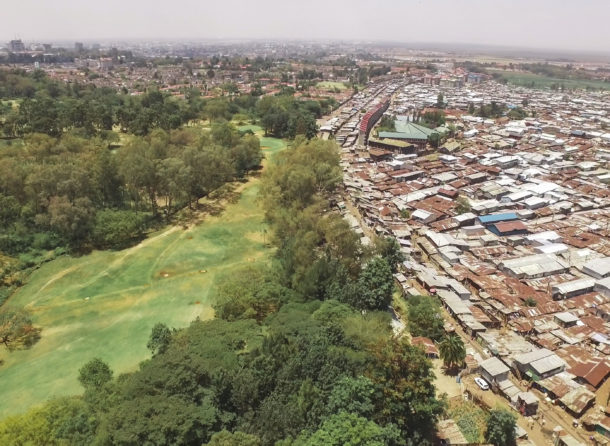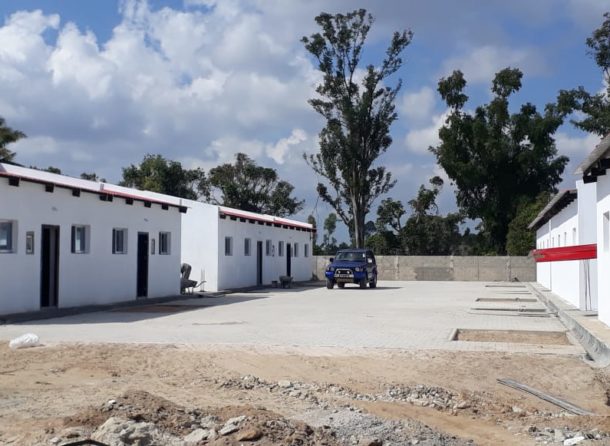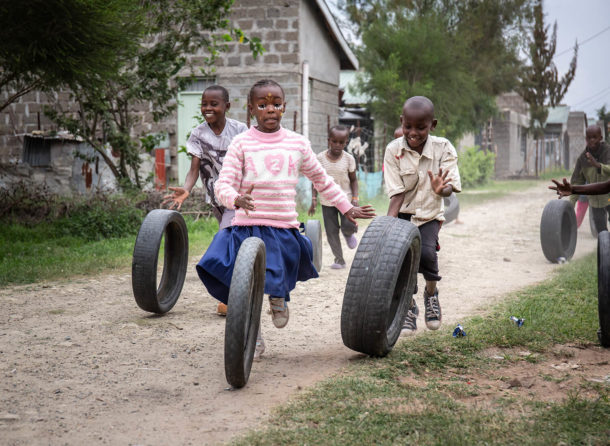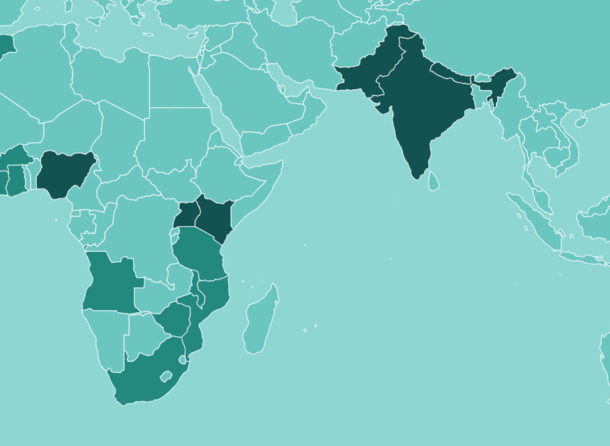
Affordable housing is essential to post-covid recovery
In the aftermath of Covid-19, we explore the role that affordable, climate-smart and commercially viable homes can have in improving the health outcomes of people living on low incomes in urban Africa and Asia. It’s clear that affordable housing should be a key part of the post-pandemic recovery agenda.
Watch Reall’s Sima Bodalikar discuss the essential role of affordable housing as we build back better:
Homes are essential PPE and a front-line defence against pandemics
Covid-19 has highlighted that decent, sanitary and affordable homes with running water, clean energy and enough space, are both a form of PPE and a frontline defence against the health impacts of pandemics.
- 1.2 billion people currently lack what we would consider basic healthcare necessities, such as toilets, hand washing facilities, space and access to medical treatment. Affordable homes improve access to these facilities and services on a sustainable basis, leading to healthier populations and reducing the burden on weaker health systems
- As rapid urbanisation creates an unprecedented demand for new homes in Africa and Asia, the opportunity to improve public health and pandemic resilience through housing at scale is huge
- Unlocking affordable housing with services is a major entry point for public health programmes. Beyond better healthcare and sanitation, the affordable housing approach is significantly more sustainable compared to tackling these issues in isolation, and has far wider benefits for families “ creating assets, jobs and establishing markets
Kickstarting economies and an engine of job creation
Reall estimates that building affordable housing at scale represents an untapped $17 trillion marketplace. The opportunity that this presents will be of even more value to recovering post-Covid economies.
- Infrastructure projects in the form of affordable housing can kick start more resilient economies, helping people on low incomes to manage the direct fallout that Covid-19 will have on their livelihoods
- Responding to economic contraction with the construction of climate-smart affordable housing will drive macroeconomic growth, stimulate job creation and financial sector deepening, mitigate climate change, and enable billions of people to escape the poverty cycle
- Reall have proved that we can build decent, sanitary homes at an average cost of just $9,200 per house. And every house built creates at least five direct jobs
- Affordable homes are an asset that futureproofs and builds-in resilience ahead of unanticipated crises, buffering families living on low incomes against such shocks
It’s obvious that investing in affordable housing solutions delivers on many fronts for healthcare, pandemic protection and prosperity. A post-pandemic response that embraces affordable housing will enable billions of people to escape the poverty cycle. This is truly an opportunity to build back better.
Read more
- Make an impact by investing in our work
- Find out about Reall’s affordable housing projects on our Data Dashboard
- Sign up for Reall Talk – our digital newsletter
Read more stories

How Affordable Homes could help solve the global climate crisis
The United Nations climate summit, COP25, starts today in the Spanish city of Madrid where climate leaders will push to scale up action and investments into rapidly reducing global greenhouse gas emissions and support broader sustainable development agendas, specifically addressing …

Celebrating affordable housing in Beira
The ribbon-cutting ceremony was attended by Reall’s Director of Investment and Operations Patrick Domingos-Tembwa, Mayor of Beira Daviz Simango and Casa Real Director Marie Odile. The celebration was particularly poignant as these homes managed to withstand the destruction of Cyclone…

New Partnership: Syntellect
Reall are delighted to be partnering with India-based technology firm, Syntellect. Syntellect are committed to giving unbanked people the opportunity to access mortgage finance across Africa and Asia. Syntellenct has created RightProfile, a customer profiling platform designed to help lenders …


